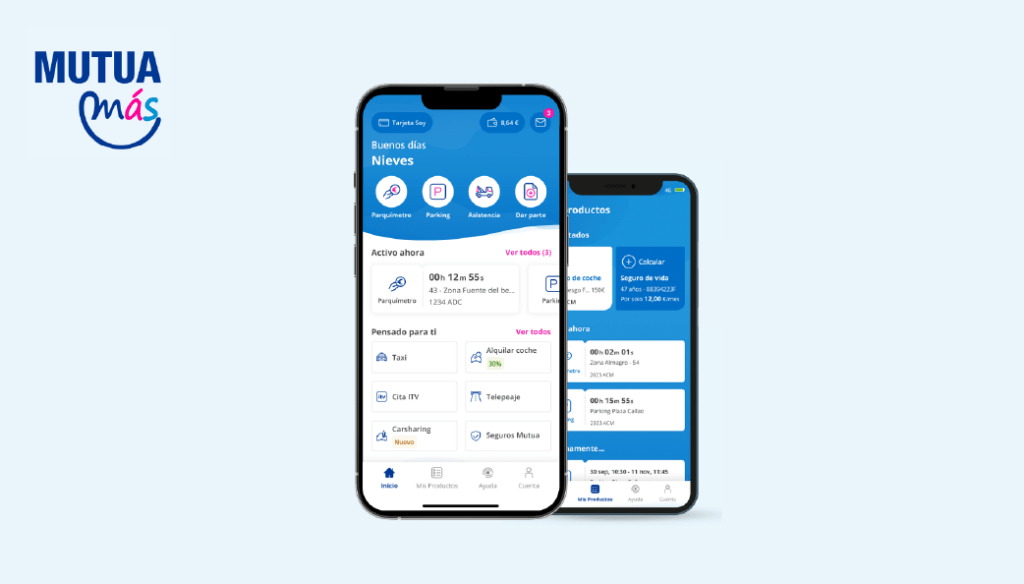We had already dedicated an article on Air Asia’s ambitions to become a reference Super App. Well, it seems that this has changed… Indeed, the famous Travel media, Skift has just announced that the airline wishes to refocus on a Super App, only dedicated to travel. Focus on the reasons and perspectives of this new direction taken by one of the three Malaysian unicorns…
A questioning of the strategy…
Offering no less than 16 services on its Super App, Air Asia has managed to disrupt the travel industry. Between the possibility to book plane tickets, train tickets, hotels, food, or to access a messaging service and online shopping, the airline has managed in less than 5 years to diversify its offer.
A versatility that does not seem to be so relevant anymore for the CEO, Tony Fernandez. Indeed, the latter has just announced to put an end to services not related to its core business. Namely, travel. The reason for this change of course: The “official” end of Covid. A pandemic in which the airline had no choice but to offer other services to “keep the turnover going”.
Travel has returned in full force, and I can officially declare that, in my opinion, Covid is over for AirAsia, so we will be going back to selling travel through the super app.
TONY FERNANDEZ, ceo at AIR ASIA
A new strategic framework that mainly translates into the promotion of the most advantageous flight bookings on a regional and global scale. By May, it hopes to be able to fly its entire fleet (204 aircraft) and thus reach 90 million passengers. One of the goals is to strive to re-establish AirAsia X, its low-cost long-haul subsidiary. Created in 2007, it is currently listed as PN17 by the Malaysian stock exchange. An acronym for Practice Note 17/2005, it designates companies deemed to be in financial distress. An ambitious objective, but which does not seem to scare the group, planning at the same time to lead other action plans…
Additional services to the flights
When we think about flight planning, we also think about booking additional services. Services and products that Air Asia does not want to give up. Indeed, the airline has decided to focus its energy on increasing the conversion rate in hotel reservations, carpooling, travel insurance, travel loans, and food delivery. But not only that…
One of the sources of revenue during a trip remains duty-free. A benefit increasingly challenged by e-commerce, pushing airlines to change their distribution channels. This was notably the case, in 2021, of Lagardère Travel Retail Asia’s duty-free stores, which have joined forces with Alibaba’s Chinese rival, JD.com. The goal: “to push an omnichannel experience via the digital transformation of its retail operations in the zone’s stations and airports.” A model for the Malaysian group, which hopes to “introduce e-commerce via duty-free and thus change the way people buy travel.” In any case, that’s all we wish for it…





